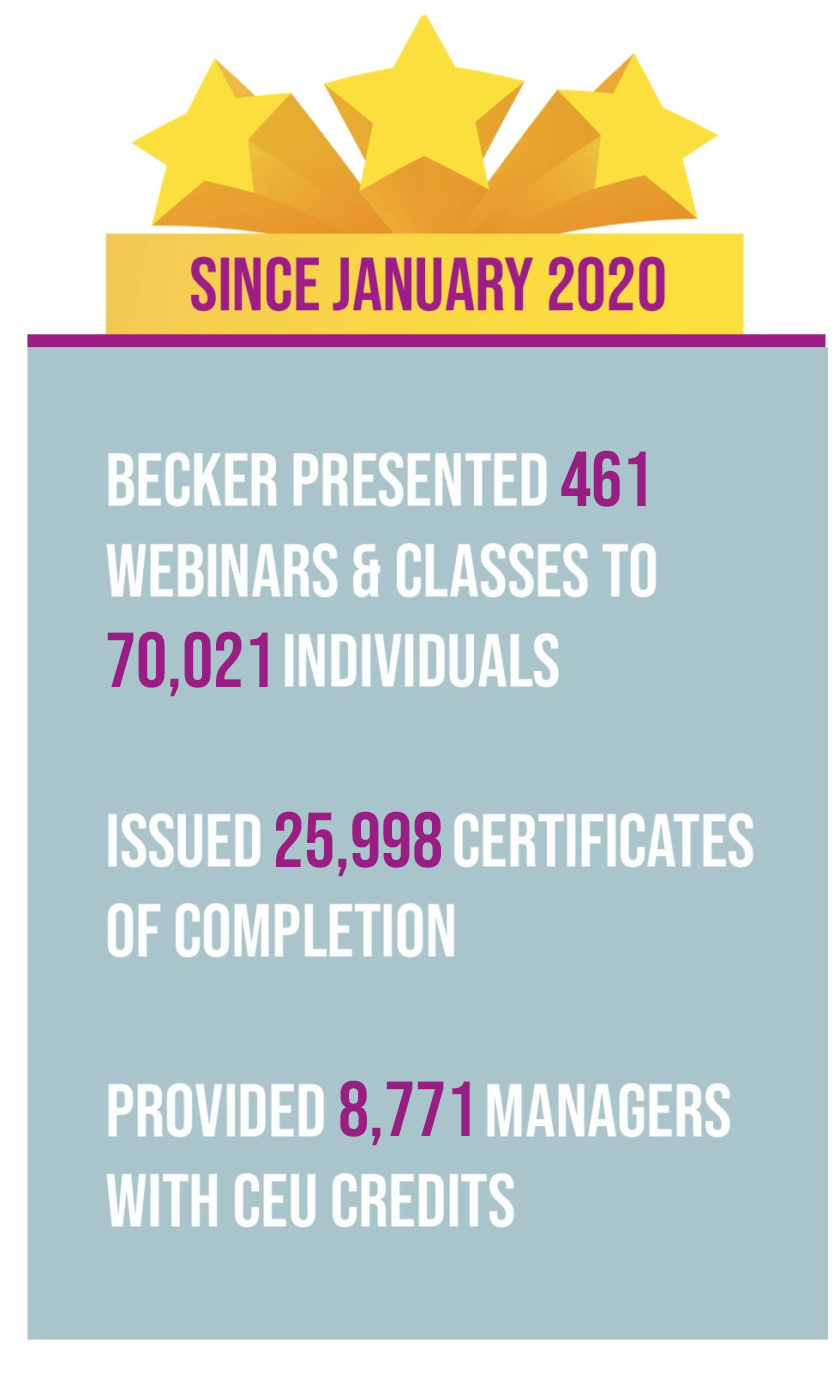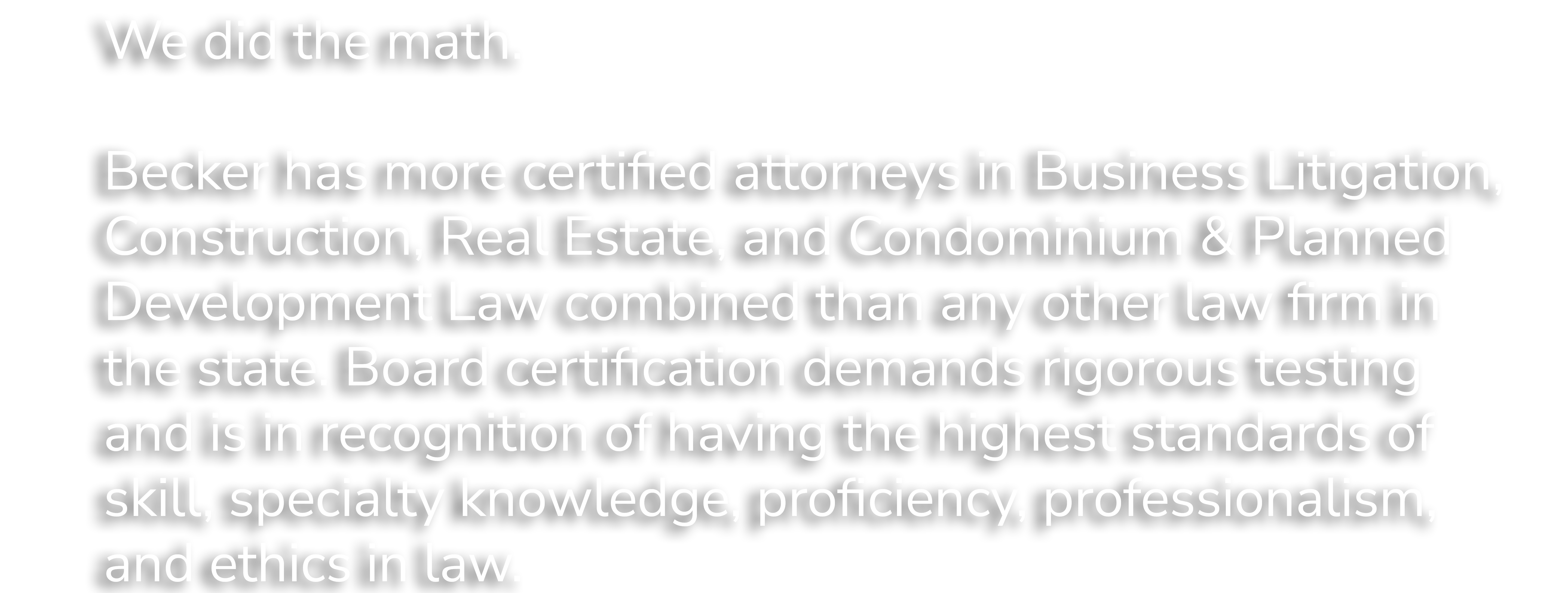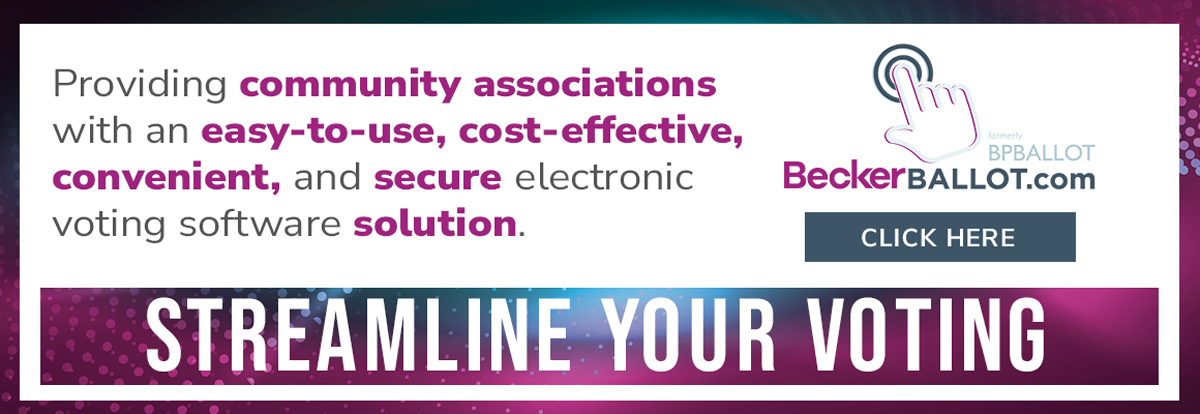This issue of CUP features a helpful guide for board members, information on new term limits, and tips to save money on your property taxes. Don’t miss our featured podcast episode, “Navigating Defamation Lawsuits and Non-Compete Clauses!”
Employers are relying more and more on independent contractors instead of employees. While using independent contractors can have certain benefits, there can also be certain risks. Jamie B. Dokovna and Kaitlyn Silverberg emphasize the importance of classification in, “The Impact of the New Department of Labor Rule on Worker Classification and Ensuring Proper Classification of Workers.”
Your community association has just received, by certified mail, a letter from a unit owner with several questions about the operation of the Association. What do you do next? Nicolas M. Jimenez highlights why your community association’s legal counsel should be promptly notified in, “So, You Received a Written Inquiry.”
Records requests can become quite daunting when a board of directors is faced with a high volume of demands from unit owners asserting their right of inspection of the association’s official records. Casey Amaya discusses how reasonable rules can avoid a potential conflict in this helpful article, “Addressing Burdensome Records Requests via the Rule-Making Power of Condominium Associations.”
Failing to garner proper approval for material alterations or substantial additions to the condominium property could result in substantial legal liability. Jay Roberts explains the importance of ensuring proper approval in, “THIS CASE: Bailey v. Shelborne Ocean Beach Hotel Condominium Association, Inc.”
Articles
By: Jamie B. Dokovna and Kaitlyn Silverberg
In the early 2000s, employers and established businesses rarely sought out the work of independent contractors. Now decades later this has changed significantly as employers are relying more and more on independent contractors instead of employees. While using independent contractors can have certain benefits, there can also be certain risks especially when it comes to classification.
Addressing Burdensome Records Requests via the Rule-Making Power of Condominium Associations
By: Casey Amaya
Records requests can become quite daunting when a board of directors is faced with a high volume of demands from unit owners asserting their right of inspection of the association’s official records.
Section 718.111(12)(c)(1) of the Florida Condominium Act (“Act”) permits condominium associations to “adopt reasonable rules regarding the frequency, time, location, notice, and manner of record inspections . . . .” The Act, however, stops short of defining the limitations on “frequency” and “time;” two terms that have been the subject of arbitration disputes.
So, You Received a Written Inquiry
Your community association has just received, by certified mail, a letter from a unit owner with several questions about the operation of the Association. What do you do next?
First and foremost, you should always ensure that your community association’s legal counsel is promptly notified of such inquiries because receipt alone may trigger time sensitive legal obligations that can expose the association to penalties if the correct steps are not taken.

Bailey v. Shelborne Ocean Beach Hotel Condominium Association, Inc.
307 So.3d 74 (Fla. 3d DCA 2020)
By: Jay Roberts
Ensuring that proper approval occurs prior to actions taken is at the heart of THIS CASE. A condominium/hotel underwent two major construction projects financed by special assessments totaling over $30 million. Portions of the construction project constituted “material alterations or substantial additions” to the condominium property. Prior to construction activities occurring, only the board of directors had approved the scope of work. After the construction was completed, over 75% of the owners voted to approve the completed construction. Unit owners sued the association and board members alleging violations of the Condominium Act and breach of fiduciary duty. The trial court granted summary judgment for the defendants, and the unit owners appealed.
While there were various issues heard on appeal, particular attention needs to be given to the issue of material alteration approval. The applicable statute analyzed in THIS CASE was the 2017 version of F.S. 718.113(2)(a), which provided:
(2)(a) Except as otherwise provided in this section, there shall be no material alteration or substantial additions to the common elements or to real property which is association property, except in a manner provided in the declaration as originally recorded or as amended under the procedures provided therein. If the declaration as originally recorded or as amended under the procedures provided therein does not specify the procedure for approval of material alterations or substantial additions, 75 percent of the total voting interests of the association must approve the alterations or additions. This paragraph is intended to clarify existing law and applies to associations existing on October 1, 2008.
The association relied on the underlined verbiage and argued that the after the fact 75% approval satisfied the Condominium Act’s requirements. The appellate court disagreed. The court stated that the statutory language starts off with a general prohibition, but then goes on to provide for exceptions (those found in the declaration of condominium as originally recorded or amended and the underlined statutory “gap filler” shown above). In concluding that the association had violated the Condominium Act, the court stated:
If the 75% approval vote were truly permitted at any time, as the Association contends, a condominium association could complete work on significant material alterations and substantial additions; and then, years later, seek approval for the completed construction. Indeed, if an Association could approve material alterations or substantial additions at any time in the future after completion, it is unclear how there could ever be a violation of the statute’s general prohibition because approval could always be pending.
It should be noted that that F.S. 718.113(2)(a) was amended in 2018, and now reads:
(2)(a) Except as otherwise provided in this section, there shall be no material alteration or substantial additions to the common elements or to real property which is association property, except in a manner provided in the declaration as originally recorded or as amended under the procedures provided therein. If the declaration as originally recorded or as amended under the procedures provided therein does not specify the procedure for approval of material alterations or substantial additions, 75 percent of the total voting interests of the association must approve the alterations or additions before the material alterations or substantial additions are commenced. This paragraph is intended to clarify existing law and applies to associations existing on July 1, 2018.
As you can see, the Legislature had essentially codified what ended up being the holding of THIS CASE.
So why does THIS CASE matter? Failing to garner proper approval for material alterations or substantial additions prior to commencement of work on those alterations or additions to the condominium property could result in substantial legal liability. If your association is considering any change to the condominium property, the board needs to reach out to the association’s legal counsel to discuss what steps need to be taken prior to the work commencing.
QUESTION OF THE MONTH
Q: My condominium association will be having its annual meeting soon, which will include an election for members to the board of directors. Some of our board members have served for numerous years, and I understood that there are now term limits on the number of years a board member could serve. What is the current status of term limits for condominium associations?
A ‘CLIFFSNOTES’ GUIDE FOR NEW CONDOMINIUM BOARD MEMBERS
FCAP Managers Report
By: Jennifer L. Biletnikoff
The election is over, and you have earned a coveted seat on your condominium association’s board of directors. Now what? This helpful guide will provide you with a “CliffsNotes” version of important things to remember as you embark on your journey as a director.
What exactly does a member of the board of directors do? The board is the decision-making authority of the association; the directors are the captains of the ship. You are responsible for the administration and operation of your association, and you will be communicating with unit owners, association managers, and professionals retained to provide services, guidance, and advice to the board. The board is granted all of the corporation’s powers and duties and is tasked with making important decisions that will impact the owners and community.
CALLING ALL BOARD MEMBERS AND COMMUNITY MANAGERS
As leaders in Community Association Law, we not only helped write the law – we also teach it.
Did you know Becker provides over 200 educational classes per year throughout the State of Florida on a variety of topics ranging from board member certification to compliance, and everything in between? Our most popular classes are now available online!
To view our entire class roster, visit: beckerlawyers.com/classes
UPCOMING CLASS OFFERING:
- HOA/Condo Board Member Certification
3/26/24 – 10:00AM – Registration coming soon
Can They Do That?
Becker’s “Can They Do That” video series tackles some of the unique problems that homeowners and renters face today. We answer your questions, no matter how far-fetched they may seem. From service animals to nudists in your community, we get to the bottom of it and let you know – “Can They Do That?”
Becker Steps Up to the Mic with Podcast,
‘Take It To The Board with Donna DiMaggio Berger’
Think you know what community association life is all about? Think again. Residents must obey the rules, directors must follow the law, and managers must keep it all running smoothly. Take It To the Board explores the reality of life in a condominium, cooperative or homeowners’ association, what’s really involved in serving on its board, and how to maintain that ever-so-delicate balance of being legally compliant and community spirited. Leading community association attorney Donna DiMaggio Berger acknowledges the balancing act without losing her sense of humor as she talks with a variety of association leaders, experts, and vendors about the challenges and benefits of the community association lifestyle. Don’t have a streaming app? You can now find all episodes on YouTube! Click here to listen now.
RECENT EPISODES:
-
- Pesky Critters in Your Community? Top Tips From Wildlife Expert and Trapper Todd Hardwick
- Saving Lives in Your Community Association: Defibrillators (AEDs), Bleeding Control Kits (BCKs), and CERTs with Dr. Jason Mansour
- Show Me the Money: Investment Strategies with Michael Coady and Kenny Polcari of Slatestone Wealth
- Eyes Everywhere – Understanding Community Surveillance Options with Louis DiGioia of IC Real Time
- Practical Policies & Protocols Your Board Needs to Adopt with Claude Jennings, Jr.
- Everybody’s Sick: The Best Ways to Prevent Illness in a Multifamily Community with Dr. Jason Mansour of Broward Health
- Navigating Defamation Lawsuits and Non-Compete Clauses with Keith Grumer, of Grumer Law
- Not In My Backyard! Regulating Short-Term Vacation Rentals with Texas Attorney David Schwarte
Featured Episode: Navigating Defamation Lawsuits and Non-Compete Clauses with Keith Grumer, of Grumer Law
The topic of defamation has become more prevalent as civil discourse has eroded. Unfortunately, sometimes it is the rare board member and/or manager who has not been subject to some form of potential slander or libel throughout their course of community association service.
Host Donna DiMaggio Berger sits down with the highly respected litigator Keith Grumer of Grumer Law, to guide you through the complex legal terrain surrounding defamation as well as the ubiquitous non-compete clauses managers face throughout their careers. With their help, you’ll learn the differences between libel and slander, understand statutory damages in cases of libel and slander per se, and identify crucial communication strategies to avoid potential legal disputes.
BECKERBALLOT Customer Survey Results
Discover why Florida community associations are raving about BeckerBALLOT. In our recent survey of BeckerBALLOT.com users, the results speak for themselves:
- 93% find our platform incredibly user-friendly
- Another 93% commend our top-notch customer service
BeckerBALLOT.com is your go-to solution, designed specifically to empower community associations, HOAs, community managers, and other organizations with a seamless online voting platform. Our system is not only easy-to-use and mobile-friendly but also prioritizes security and compliance. Say goodbye to the hassle of paper ballots and hello to increased voter participation while cutting down on time and expenses. It’s a WIN-WIN solution!
We will be announcing the two winners of our BeckerBALLOT survey in the next issue of CUP. Thank you to everyone who submitted feedback!
BeckerBALLOT Testimonials
“BeckerBALLOT is a user-friendly platform that makes online voting simple and cost effective. Ifeel confident using a platform backed by legal experts in condo law, so I can make sure our system is up to date and in compliance. BeckerBALLOT makes the process of voting so simple and accessible you’ll really wonder why you didn’t make the switch sooner!”
“BeckerBALLOT offers a seamless and efficient voting solution. The user-friendly interface and robust features make it an ideal choice for any organization looking to streamline their voting process. I’m impressed with the level of support and responsiveness from the BeckerBALLOT team, making the entire experience hassle-free. I would highly recommend BeckerBALLOT to anyone seeking a reliable and effective voting solution.”
“Easy to use and reliable. BeckerBALLOT easily increases homeowners participation in community votes!”
CONGRATULATIONS TO ROBERT BAREA ON WINNING OUR SURVEY GIVEAWAY!
Congratulations to Robert on your $50 Amazon Gift Card prize! You are this month’s Online Program Feedback Winner! We truly appreciate you taking the time to complete the program survey and letting us know what you found beneficial and what we can do better. Education is a top priority for Becker, and it is important to us to hear what you find of value. Thank you for your thoughtful response to our survey!
If you would like to be in the running for next month’s $50 giveaway, please provide your feedback on any of our in-person or online program(s) that you have attended. You can find all of our on-demand classes here, and our webinars here, which are currently free and available to the public, for you to watch at your convenience. We want to hear from you!
DID YOU KNOW?
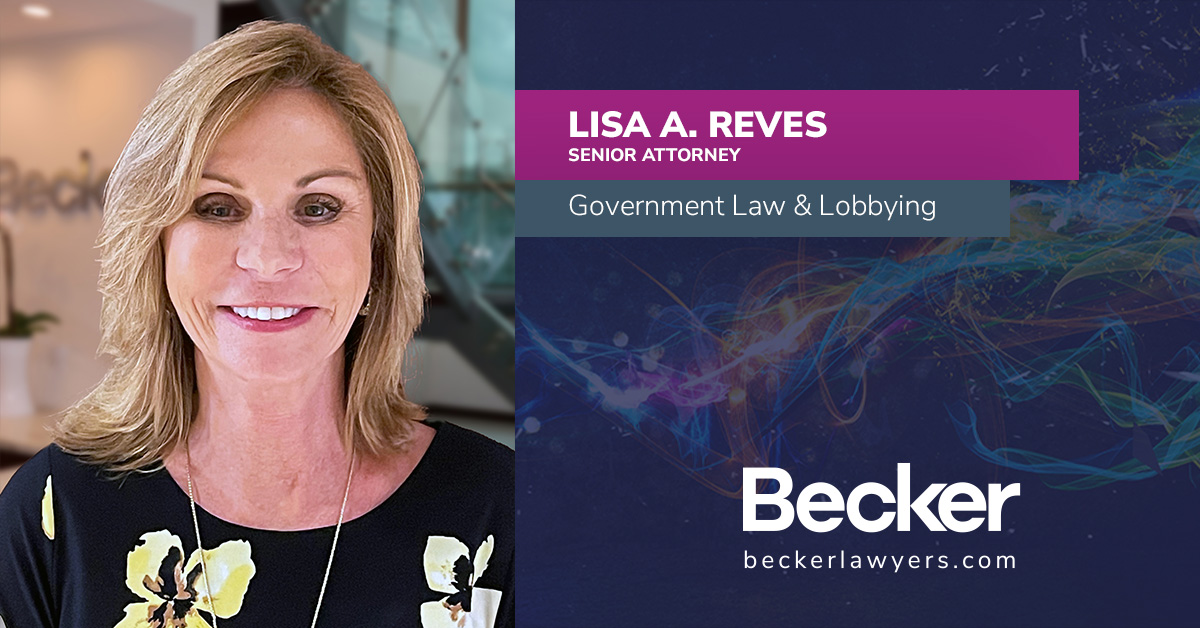
Becker Can Save You Money on Your Property Taxes!
Why should your association contact an attorney immediately after receiving a proposed notice of taxes? Here’s a tip: the Becker team can help reduce your property valuation. The Becker team successfully challenged an $18.1 million property valuation for Zellwood Co-Op Inc., a 55+ resident-owned community in Central Florida. After a Value Adjustment Board Hearing, the valuation was reduced to $2.2 million. Talk about substantial savings! Attorney Lisa Reves has this advice, “The clock is ticking, and you have a very small window to appeal your taxes. Contact your attorney immediately after receiving your notice.






